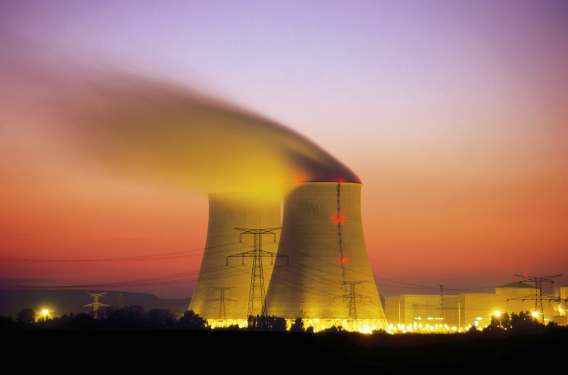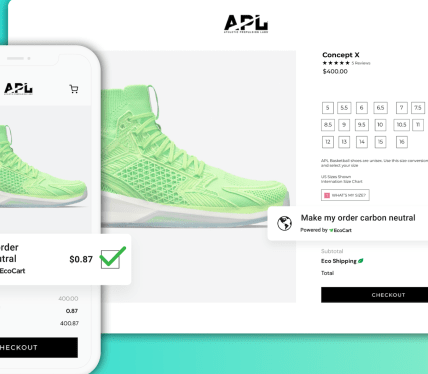In a move that has sent shockwaves through the tech industry, Microsoft has announced a deal with Constellation Energy to restart a nuclear reactor at Three Mile Island. This decision marks a significant departure from the trend of declining nuclear power usage in the US and highlights the growing importance of reliable energy sources for data centers.
The Rise of Data Centers
In recent years, the number of data centers has exploded globally, with over 10,000 operating worldwide, half of which are located in the US. This growth is driven by the increasing demand for cloud computing and AI services, which require vast amounts of energy to power. According to EPRI, an electric industry research organization, the sector’s energy demand is expected to grow by anywhere from 29% to 166% by 2030.
The Energy Conundrum
Data centers are a significant contributor to energy consumption, accounting for about 4% of US electricity usage today. However, this number could increase to as much as 9% by the end of the decade, while overall demand grows. Hyperscale data centers, like those operated by Microsoft, Google, and Amazon, are responsible for 60% to 70% of all data center energy use.
Nuclear Power: A Viable Option?
In light of these growing energy demands, companies like Microsoft are turning to nuclear power as a reliable source of energy. Nuclear fission reactors can run uninterrupted for years, operating at maximum capacity over 90% of the time. Maintenance outages are typically planned months or years in advance, giving data centers ample time to prepare.
The Challenges Ahead
While nuclear power may seem like an attractive solution, there are several challenges that need to be addressed. For one, many startups have stumbled or failed to overcome engineering and regulatory hurdles. For example, Oklo, a small modular reactor startup backed by Sam Altman, saw its application to build a reactor for the US Department of Energy rejected in 2022.
Microsoft’s Investment
Despite these challenges, Microsoft’s decision to invest in nuclear power marks an important turning point for the tech industry. The company’s commitment to renewable energy sources is a significant step forward, and one that other companies would do well to follow.
The Future of Energy
As the demand for reliable energy sources continues to grow, it’s clear that the future of energy will be shaped by innovative solutions like nuclear power. While there are challenges ahead, Microsoft’s deal with Constellation Energy serves as a reminder that investing in clean energy is essential for the long-term sustainability of our planet.
Update
Last Energy has come forward to clarify that they have not received an investment from Microsoft. This information may be subject to change as more details become available.
Related Topics
- AI
- Analysis
- Climate
- Data centers
- Enterprise
- Fission
- Hyperscale data centers
- Microsoft
- Nuclear power
Author Bio
Tim De Chant is a senior climate reporter at TechCrunch. He has written for a wide range of publications, including Wired magazine, the Chicago Tribune, Ars Technica, The Wire China, and NOVA Next. Tim holds a PhD in environmental science, policy, and management from the University of California, Berkeley, and a BA degree in environmental studies, English, and biology from St. Olaf College.
Follow TechCrunch
Stay up-to-date with the latest news and analysis on AI, climate, data centers, and more by following us on social media:
- Twitter: @techcrunch
- LinkedIn: @techcrunch
- Facebook: @techcrunch
Subscribe to our newsletters for the industry’s biggest tech news:
- TechCrunch Daily News
- TechCrunch AI
- TechCrunch Space
- Startups Weekly




